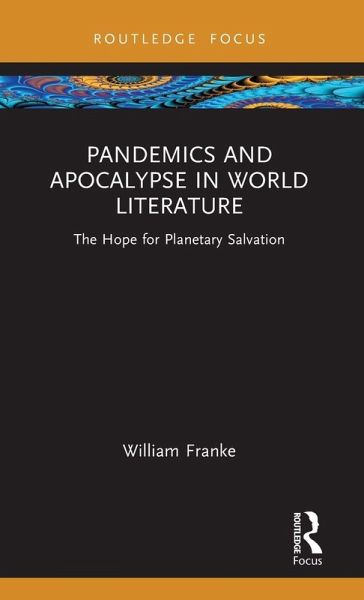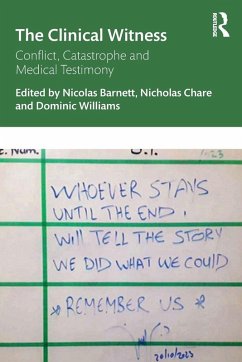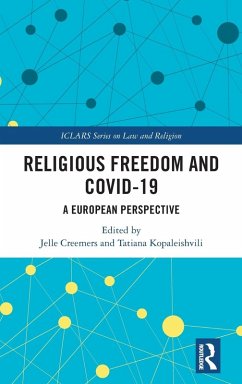
Pandemics and Apocalypse in World Literature
The Hope for Planetary Salvation
Versandkostenfrei!
Versandfertig in 1-2 Wochen
68,99 €
inkl. MwSt.
Weitere Ausgaben:

PAYBACK Punkte
34 °P sammeln!
While Covid-19 focused attention on the hope of finding a techn(olog)ical solution, this book asks: Is there a different kind of hope in what is not within our own means and methods, a hope that breaks us open beyond ourselves into relation with something other and absolute perhaps divine or real beyond our control and comprehension














